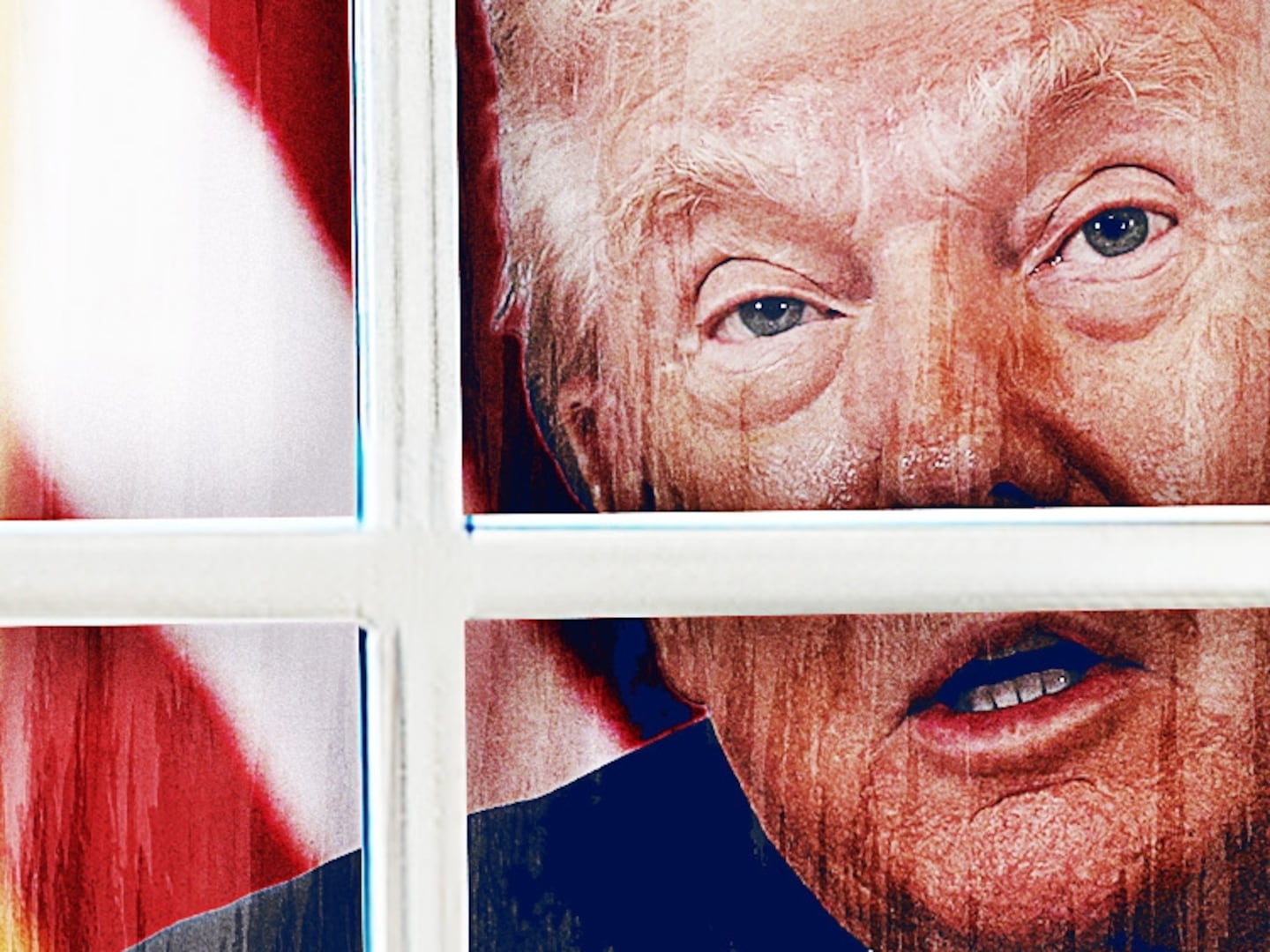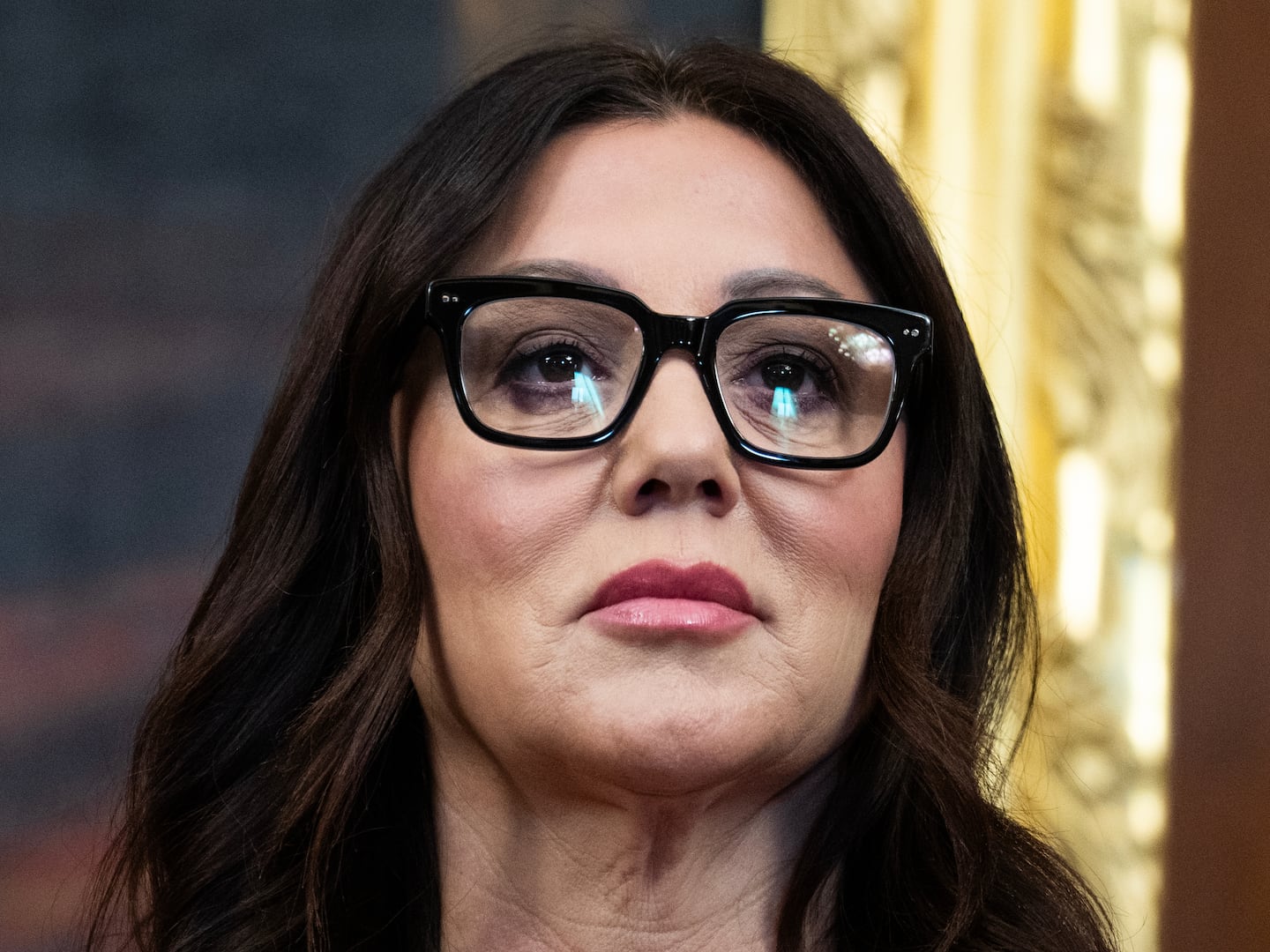The Kremlin isn’t done messing with American elections, but Democrats and Republicans are still fixated on Hillary Clinton’s private email server.
FBI Director James Comey told the Senate Judiciary Committee on Wednesday that the Russian government is actively interfering in the U.S. political process, and that Moscow’s danger to democracy is “the greatest threat of any nation on earth, given their intention and their capability.”
But Democrats and Republicans on the committee seemed far more interested in relitigating Comey’s decision to tell Congress on Oct. 28 that the FBI had reopened its investigation into whether or not Clinton and her aides deliberately mishandling of classified information — this despite the fact that Comey has repeatedly been grilled by Congress on his letter already.
Some Democrats — foremost among them Clinton — believe that the decision, made just days before the election, was decisive in Trump’s eventual victory.
The top Democrat on the committee, California Sen. Dianne Feinstein, ripped into Comey over his decision, saying that she “join[ed] those who believe that the actions of the FBI did, in fact, have an impact on the election."
Comey said “it makes me mildly nauseous” to think he could have affected the election, he told Feinstein. But it was the right decision, he said.
“This has been one of the world’s most painful experiences… I would make the same decision,” Comey said.
Feinstein asked if there was a debate among his staff about the decision.
“No,” Comey replied. “There was a great debate. I have a fabulous staff at all levels, and one of my junior lawyers said, ‘Should you consider that what you’re about to do may help elect Donald Trump president?’ And I said, ‘Thank you for raising that. Not for a moment, because down that path lies the death of the FBI as an independent institution in America. I can’t consider for a second whose political fortunes will be effected in what way.’”
The director said everyone on his team agreed they needed to tell Congress the investigation had been re-opened. Feinstein replied that he could have told Congress in a classified way. (Comey noted Rep. Jason Chaffetz, a Republican, leaked his letter to the press.)
As for why Comey did not tell the public that Russia was trying to help Trump, he had tried to sound the alarm in summer 2016 but was stopped by his bosses.
"I thought it was very important to call out what the Russians were trying to do with our elections and I offered in August, myself, to be a voice for that in a public piece calling it out,” Comey said. “The Obama administration didn't take advantage of that in August."
The administration would wait another two months, until just weeks before the presidential election, to tell the public about Russia's attempts to interfere.
Meanwhile, Republicans repeatedly questioned Comey on why two Democrats hadn’t been prosecuted for mishandling classified information.
Comey revealed that the FBI had investigated whether Huma Abedin had committed a crime when she forwarded emails with classified information to her husband, Anthony Weiner, so he could print them for her and Clinton. Comey said they concluded Abedin had not demonstrated criminal intent while forwarding that information.
But while the FBI ultimately concluded no crime had occurred, it still played a central role in the election saga. Examining the metadata –– information about emails, but not the substance of the emails themselves–– on Weiner’s computer showed FBI investigators that thousands of emails from Clinton’s private server were transmitted to Weiner’s computer, which had been seized for a separate investigation into his alleged solicitation of a minor for sex.
Comey said that based on that metadata, he decided to reopen the investigation, in hopes that Weiner’s computer might have some of the emails Clinton sent and then deleted.
Ultimately, the Senate Judiciary Committee was more focused on partisan questions about whether Abedin should be prosecuted or whether Comey kneecapped Clinton than on forward-looking testimony about how the United States was attacked by Russia, and how that attack continues to this day. The blame for that is carried by both parties.
Despite the attempts to relitigate the 2016 election, Comey warned about the next elections, which he said Russia is expected to interfere in.
“I think one of the lessons that the Russians may have drawn from this is that this works… I expect to see them back in 2018, especially in 2020,” Comey said.
Comey stressed the danger America faced during the handful of times he was asked about Russia. As part of a rapid-fire question and answer session with Republican Sen. Lindsey Graham, Comey said that while the Russians had not successfully tampered with votes cast in the U.S. elections, they had previously attempted to do so in other countries and there's no reason to believe that they won’t try in the U.S.
The FBI is currently sounding the alarm for those responsible for election infrastructure about how the Russians might try to interfere, Comey said, including "how they might come at it, what IP addresses they might use, [and] what phishing techniques they might use."
The bureau is also stressing to the public that there are ongoing attempts to interfere with U.S. elections, and that the Russians are spreading disinformation through "troll farms." In fact, Comey even encouraged private citizens to push back against disinformation.
"People are out there using the power of social media to push back against this kind of thing in France in the Netherlands, in Germany and I hope it will happen here in the United States, where ordinary citizens will see this bogus stuff going on and push back," Comey said. "You gotta have good troll armies pushing back the other way, so the marketplace of information is better educated, frankly.”
As it confronts this future challenge, the FBI is still dealing with the reverberations of the last elections: Comey said that the FBI’s investigation the Trump campaign’s possible ties to the Russian government continues.
But even in the face of the established Russian interference in the 2016 election, and the ongoing threat to future elections, lawmakers appeared more focused on settling old scores.







